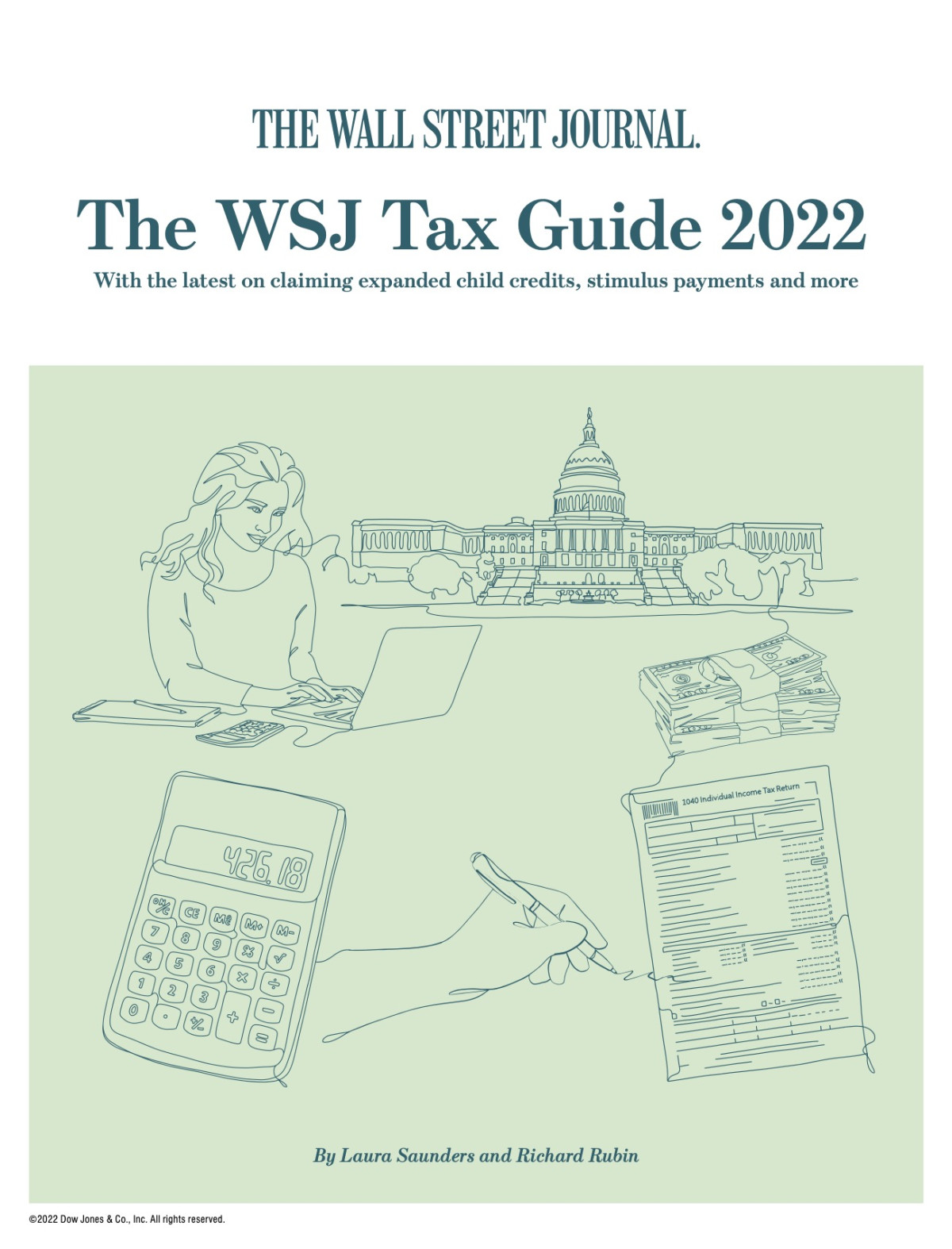

Most ebook files are in PDF format, so you can easily read them using various software such as Foxit Reader or directly on the Google Chrome browser.
Some ebook files are released by publishers in other formats such as .awz, .mobi, .epub, .fb2, etc. You may need to install specific software to read these formats on mobile/PC, such as Calibre.
Please read the tutorial at this link: https://ebookbell.com/faq
We offer FREE conversion to the popular formats you request; however, this may take some time. Therefore, right after payment, please email us, and we will try to provide the service as quickly as possible.
For some exceptional file formats or broken links (if any), please refrain from opening any disputes. Instead, email us first, and we will try to assist within a maximum of 6 hours.
EbookBell Team

4.3
68 reviewsThis is the fifth edition of The Wall Street Journal’s Tax Guide. What began with an
editor’s request to summarize the 2017 tax overhaul’s changes for Journal readers
has become—thanks to your enthusiastic response—an annual overview of individual
income-tax provisions affecting Americans.
There has been no lack of material since we started. Congress has enacted new laws:
In 2017 legislators made basic, far-reaching changes set to expire after 2025, while the
2019 Secure Act revised retirement-plan rules. In 2020 and 2021 came a torrent of changes
responding to the Covid-19 pandemic. Meanwhile, the Internal Revenue Service has issued
guidance on hot-button issues ranging from cryptocurrency to required IRA withdrawals.
On top of that, there are inflation adjustments that shift the code slightly every year.
This year’s filing season brings special challenges. Tens of millions of taxpayers will
grapple with reporting requirements for last year’s stimulus payments and expanded
child tax credits. In a historic move, Congress had the IRS prepay a portion of the expanded
credits in monthly installments during 2021. While this change put needed cash in the
pockets of many families, it will shrink refunds many filers are anticipating as well.
As always, taxpayers will have a flood of questions: Do I file for a 2021 stimulus
payment through my return, and is it taxable? How did the child- and dependent-care
credit change last year? What’s the threshold for the zero tax rate on capital gains?
What’s the deadline for contributing to a Roth IRA?
The WSJ Tax Guide aims to answer these questions and many more. We hope it will help
readers in the various areas of their lives touched by taxes. These include saving for college,
buying or selling a home, using retirement plans and pandemic disruptions. With this new
edition, Wall Street Journal readers have a guide to the 2022 world of taxes.